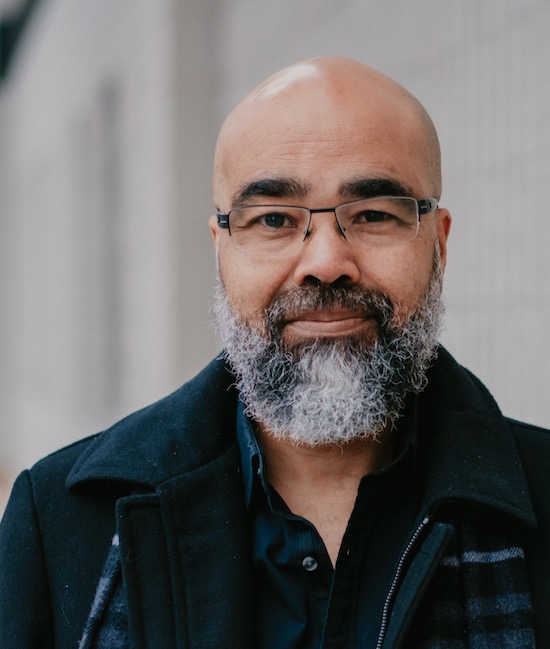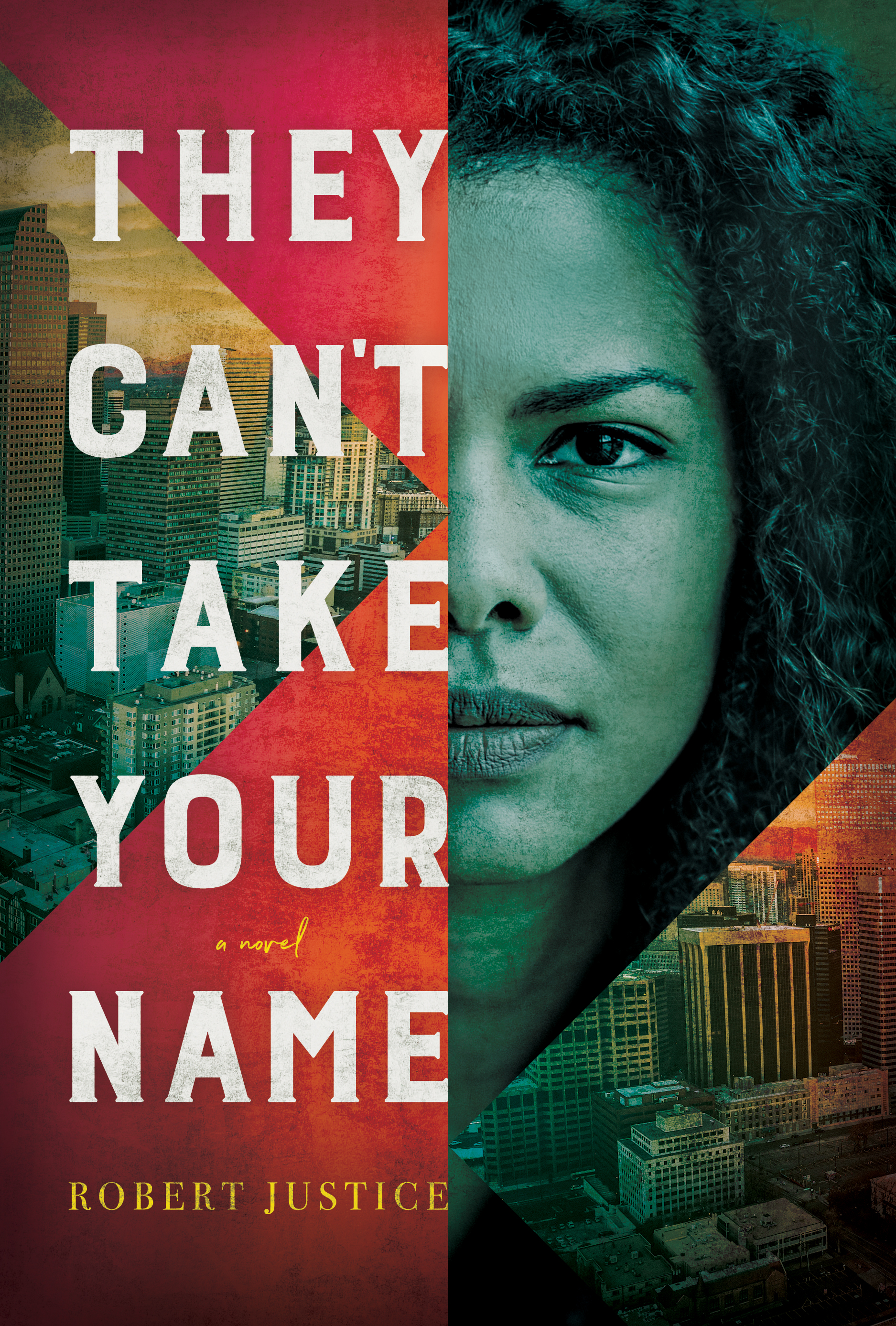Author's Note—THEY CAN'T TAKE YOUR NAME
If you listened to audio version of THEY CAN'T TAKE YOUR NAME then you missed my Author's Note included in the hardcover and eBook versions.
Thought I'd make it availabe here so you might also read about...
- Why I wrote the book
- The true to life elements included in the book
- Writing Wrongful Convictions
- Read a Book, Right a Wrong
- Langston Hughes, Ralph Ellison, and All That Jazz
- Acknowledgments and Thank-Yous
Enjoy!
(Note: this Author's Note contains spoilers!)
Mysteries in the Mile High City
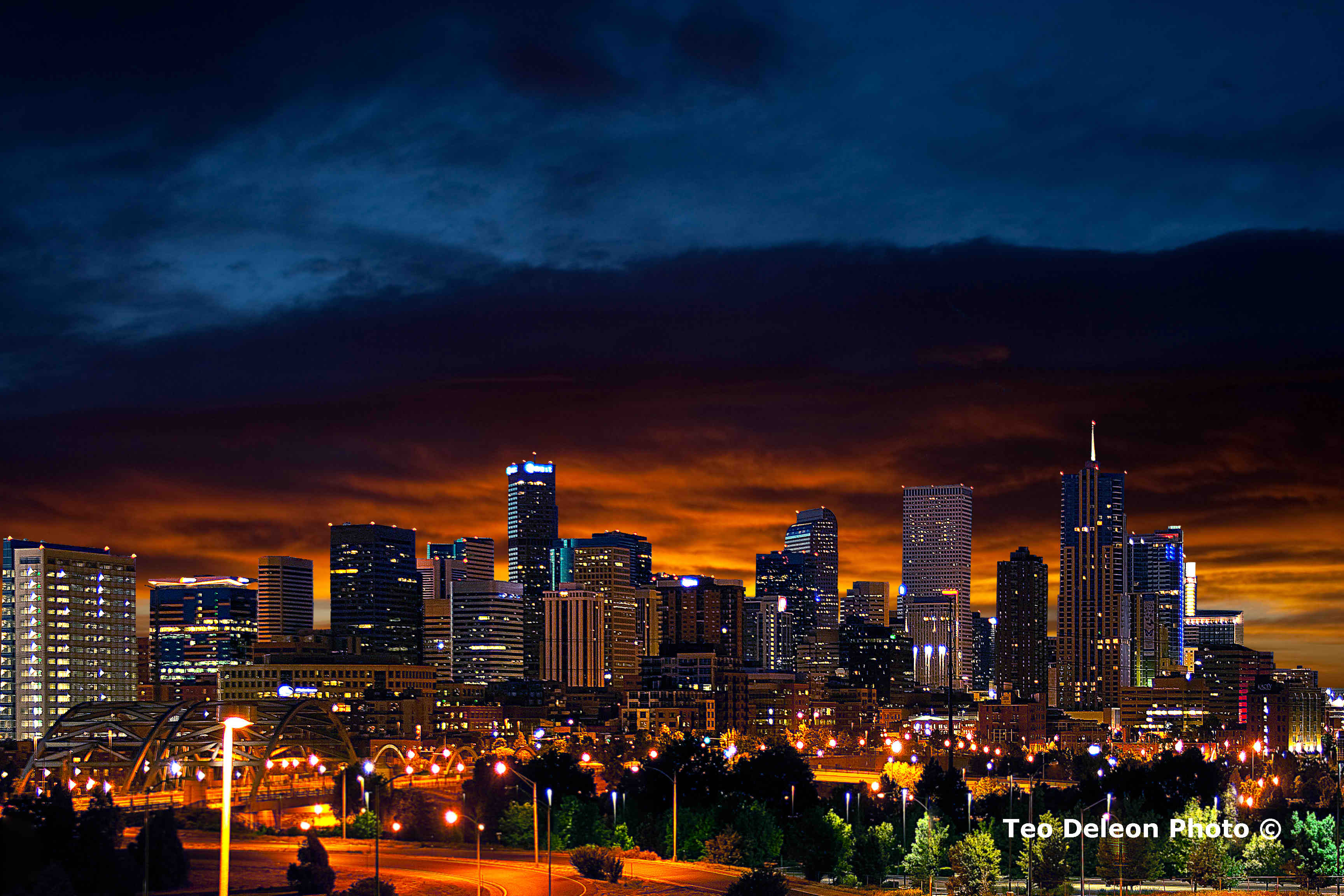
“What’s Denver’s dating profile?”
When the prolific novelist, Rachel Howzell Hall, asked me that question in a podcast interview, I was stumped.
“Is she sultry or what?” Rachel continued. “I want to know more about the city. Who is Denver?”
Rachel’s question forced me to dig deep into why I write crime novels about my hometown. While Denver doesn’t carry the mystique of the usual suspects of Los Angeles, New York or Chicago, it is the only place I’ve called home and, for me, the perfect setting for a mystery.Denver is a beautiful place to live. Blue skies and painted sunsets are the norm. While many who live outside of Colorado think of snowy blizzards blanketing the Mile High City, we locals boast that we enjoy over three hundred days of sunshine each year.
In her poem turned song, America the Beautiful, Katharine Lee Bates described what she saw traveling from Massachusetts to Colorado.
‘O beautiful for spacious skies,
For amber waves of grain,
For purple mountain majesties,
Above the fruited plain.’
In Denver, the beauty Bates depicted is within easy reach. Spacious skies are a daily reality. Amber waves and fruited plains lie a short drive to the east. To the west, the Rocky Mountains are often robed with a majestic purple as they wear their crowns of snow.
After a long pause, I assembled an answer to Rachel’s question.
“If there’s a person who wears a mask and is in denial that the mask is on their face, that’s Denver,” I said. “My city is that person who looks wonderful from afar, but up close you realize that they’re wearing a lot of makeup.”
Denver is a beautiful place to live and I love the city I call home. However, in this beautiful place to live, not everyone is living beautifully. Denver is a city of contrasts ripe with possibilities for any crime and thriller writer. There are many writers who’ve looked beneath the surface of this wondrous place and found compelling conditions for their crime stories.
Here are five of my favorite books that feature the Mile High City...
Click to continue reading my article at CrimeReads.com
Thirty-Thousand Years Is Real

Wrongful convictions can happen anywhere.
I’ve set my novels about systemic injustice leading to wrongful convictions in my hometown of Denver because I must not assume that what happens in other places is not also happening in my own backyard.
I want to invite you to discover what's happening in your own backyard.
Read a Book, Right a Wrong is Real
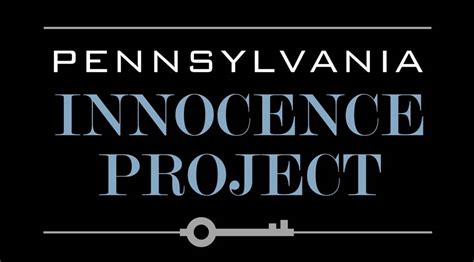
If you’ve purchased a book in this series, you’ve already made a difference through my Read a Book, Right a Wrong initiative. Simply put, I donate a significant portion of my advance and royalties to innocence projects, and I’d like to encourage you to give to them as well. These organizations are on the front lines of the fight to free the wrongfully incarcerated.
Smith Road—The Shame of a City
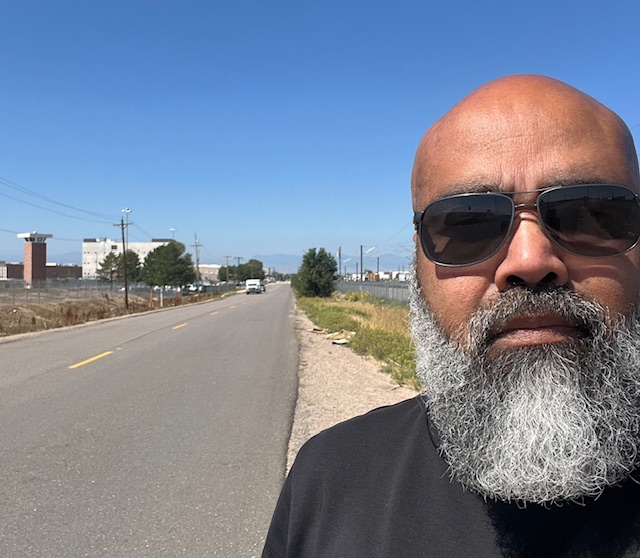
Denver is a beautiful place to live. As a Denver native and one who has only ever lived in the Mile High City, I love the city I call home. However, part of my aim in setting my Wrongful Conviction Novels in Denver is to shine a light on the fact that in this beautiful place to live, not everyone is living beautifully.
Case in point: Smith Road...
Denver’s Burglars in Blue Were Real

In A DREAM IN THE DARK I draw upon a dark time in the history of the Denver Police Department.
In the early 1960s, over fifty Denver police officers were arrested and sentenced to prison for participating in a large-scale burglary ring. They scouted their victims while on duty and broke into the businesses at night while other officers provided lookout, communicating with each other via their police radios. The same officers investigated the crimes. The racket was finally exposed when a stolen safe tumbled out of a getaway car and onto the street in front of a police officer who was not involved in the racket.
Killdozer Was Real
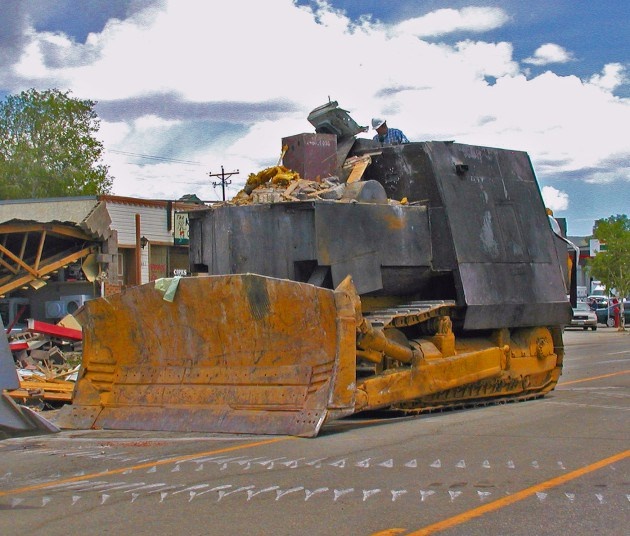
On June 4, 2004, Marvin Heemeyer locked himself inside a homemade tank and set out on a mission of destruction in the small town of Granby, Colorado. Secure in the yellow bulldozer covered in gray plates of steel reinforced with concrete, he crashed through the walls of his own business, crushed cars, and terrorized his neighbors for over two hours.
Marade Mayhem was Real!
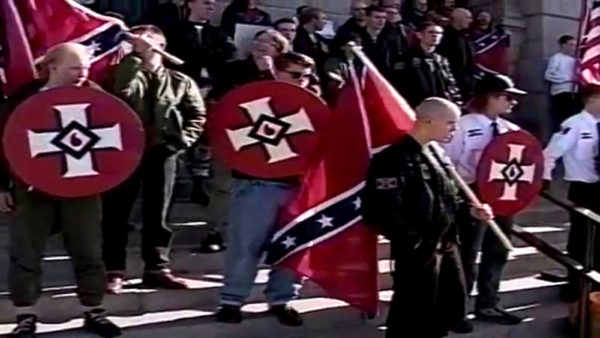
There is a burning car on the cover of my second Wrongful Conviction Novel, A DREAM IN THE DARK. The fire on the cover foreshadows a moment in the story when a peaceful Martin Luther King Jr. celebration turns into a full blown race riot.
This was not fiction, I was there.
Skinheads along with the KKK got a permit to gather on the grounds of the Colorado state capitol building to stage a counterprotest to the Dr. Martin Luther King Jr. Day celebration. As those of us in the marade approached on Colfax Avenue, I, along with the peaceful crowd of fifteen thousand, was met with Nazi salutes, Confederate flags, and vile and hate-filled words, including shouts of “White power.”
Dexter is Real
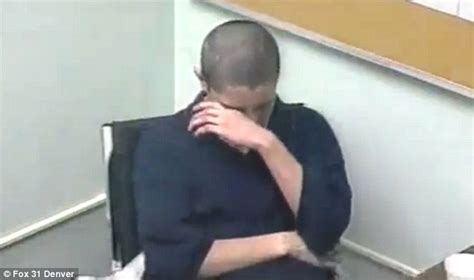
In my second Wrongful Convction Novel, A DREAM IN THE DARK, the ordeal experienced by my fictional character, Dexter Diaz, is based on the real-life nightmare endured by Lorenzo Montoya. He was sentenced to life without parole at the age of fourteen.
Moses is Real
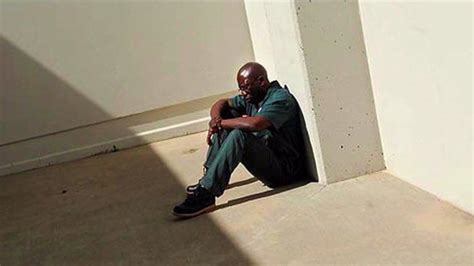
In my second Wrongful Conviction Novel, A DREAM IN THE DARK, my character Moses King was convicted on a dream.
Moses was inspired by the real-life wrongful conviction of Clarence Moses-El, who, in 1987, was arrested and subsequently convicted on the basis of a dream. The victim was attacked when she returned home after an evening out at a bar with some friends. She suffered broken facial bones and lost sight in one eye. Initially, she told police it was too dark to identify her attacker, then named three men from the bar as possibilities that the police never investigated. A full day and a half later, she told the police that the identity of her attacker came to her in a dream and that it was her neighbor, Clarence Moses-El.
Langston's Dream, King's Nightmare
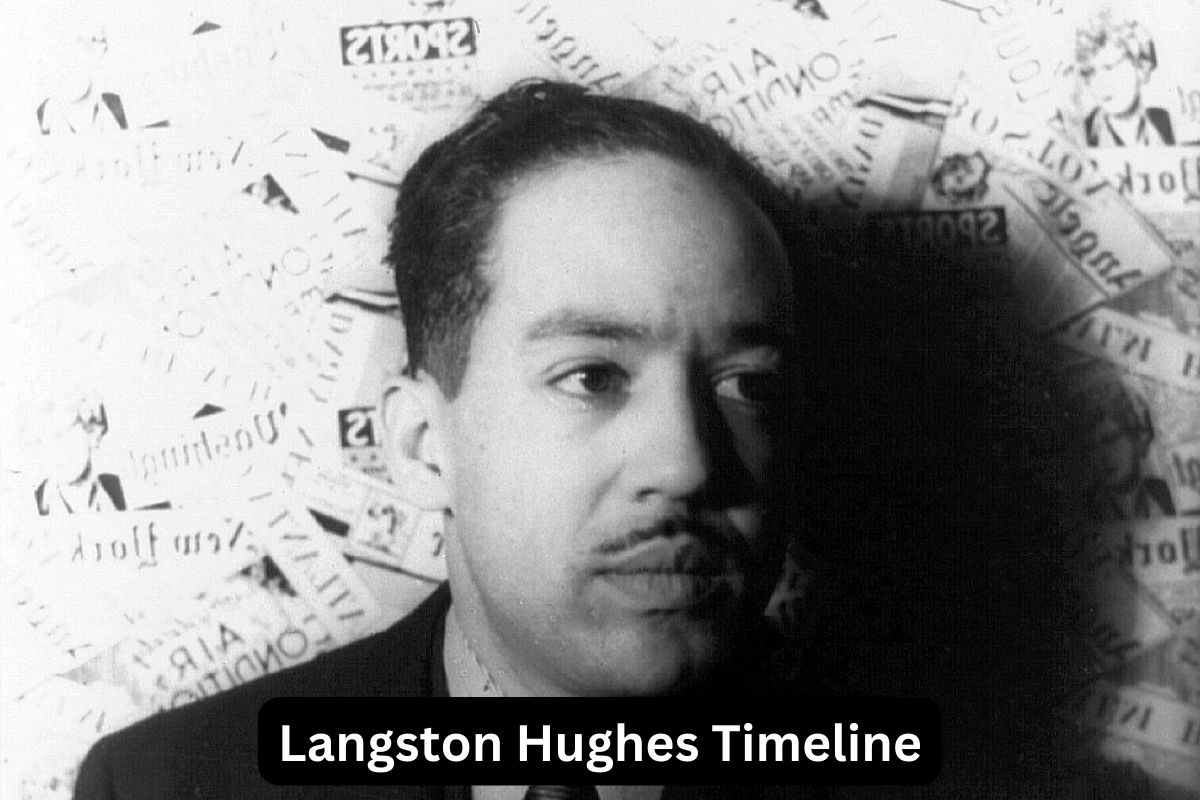
In my debut novel, They Can’t Take Your Name, I sought to explore what happens to our deferred dreams. Langston Brown was a wrongfully convicted man who not only shared a first name with Langston Hughes but quoted his poetry as well.
Many have argued, and I agree, that there is a direct link between the poetry of Langston Hughes and the rhetoric of Martin Luther King Jr. Hughes’s question “What happens to a dream deferred?” had an influence on King’s dream of what America might become. It was W. Jason Miller who said, “Langston Hughes’s poetry hovers behind Martin Luther King’s speeches and sermons, the way watermarks show through bonded paper when it’s held up to the light.”
Creating a Personalized Writing Ritual
The Beauty of Ritual
Let's talk about the beauty of a personalized writing ritual, but first a disclaimer: you do not need a writing ritual to be a writer!
Writing is hard work, and hard working writers work hard. The list is long of well-known authors who wrote best-selling books in less than ideal conditions. Plumbers plumb, welders weld and writers write.
While a writing ritual is not a necessity, I have discovered that it is essential for elevating my writing to something that is more than just work.
Ritual give meaning, purpose, identity, and fulfillment to the work of writing.
Writing Denver—A Beautiful Place to Live but...

My Wrongful Conviction novels are set in my city, the Mile High City.
While Denver doesn't carry the mystic of places such as Los Angeles, New York or Chicago, it's a beautiful place to live and is the only place that I've called home.
Here are five Denver locales that appear in my novels.
How many innocent people are in prison? It's worse than we thought.
Counting the Innocent
Nobody knows for sure how many innocent people are in our prisons and jails; however, in the Author's Note to my novel THEY CAN'T TAKE YOUR NAME I say, "estimates are that 1-2 percent of all convictions are of innocent people."
It can be comforting to think that our criminal justice system incarcerates the correct person 98-99 percent of the time. However, this is not good news if you are among the 1-2 percent nor should any of us take solace in the low percentage for in actuality it points to a grim truth: there are thousands of innocent people doing time for crimes they did not commit.
But how do we know? How reliable are these numbers? Where do these statistic come from?
While we can't know for sure how many innocent people are in prison we can make an educated guess.
So What?!
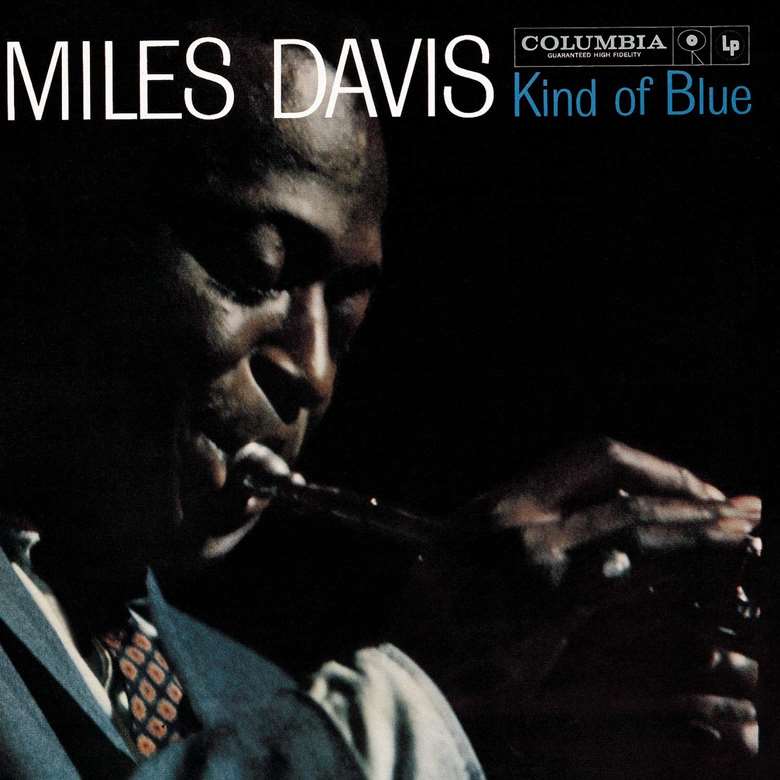
Massive Corruption Leading to Mass Wrongful Convictions
Unfortunately this kind of corruption is all too real and recent.
Here are three examples:
7 Authors Who Write Wrongful Convictions
As I write, almost 2,500 wrongfully convicted men and women have been exonerated, totaling more than 21,000 years lost. Conservative estimates are that only one to two percent of all convictions are of innocent people. That’s an impressive success rate, and it’s comforting to think that our criminal justice system incarcerates the correct person 98–99 percent of the time. However, this is not good news if you are among the one to two percent. Think about what that means in actual numbers. There are approximately two and a half million people incarcerated in the United States, which means there are thousands of innocent people doing time for crimes they did not commit.
What can we do?
I’d like to suggest that an easy first step is to read more authors who write about wrongful convictions. These writers shine a spotlight on the innocent behind bars and allow us to see the root causes beneath the epidemic.
Not only do those who write about wrongful convictions educate us, they also provide a fun twist on the classic crime novel. Mystery novels usually focus on the question, “Who did it?” However, when a plot centers on an innocent person, the question flips from “Who did it?” to “Who didn’t do it?”, making for a meaningful and refreshing read.
Here’s a list of my favorite authors who write wrongful convictions into their fiction:
Click to continue reading at CrimeReads.com
Crime Writers of Color Podcast
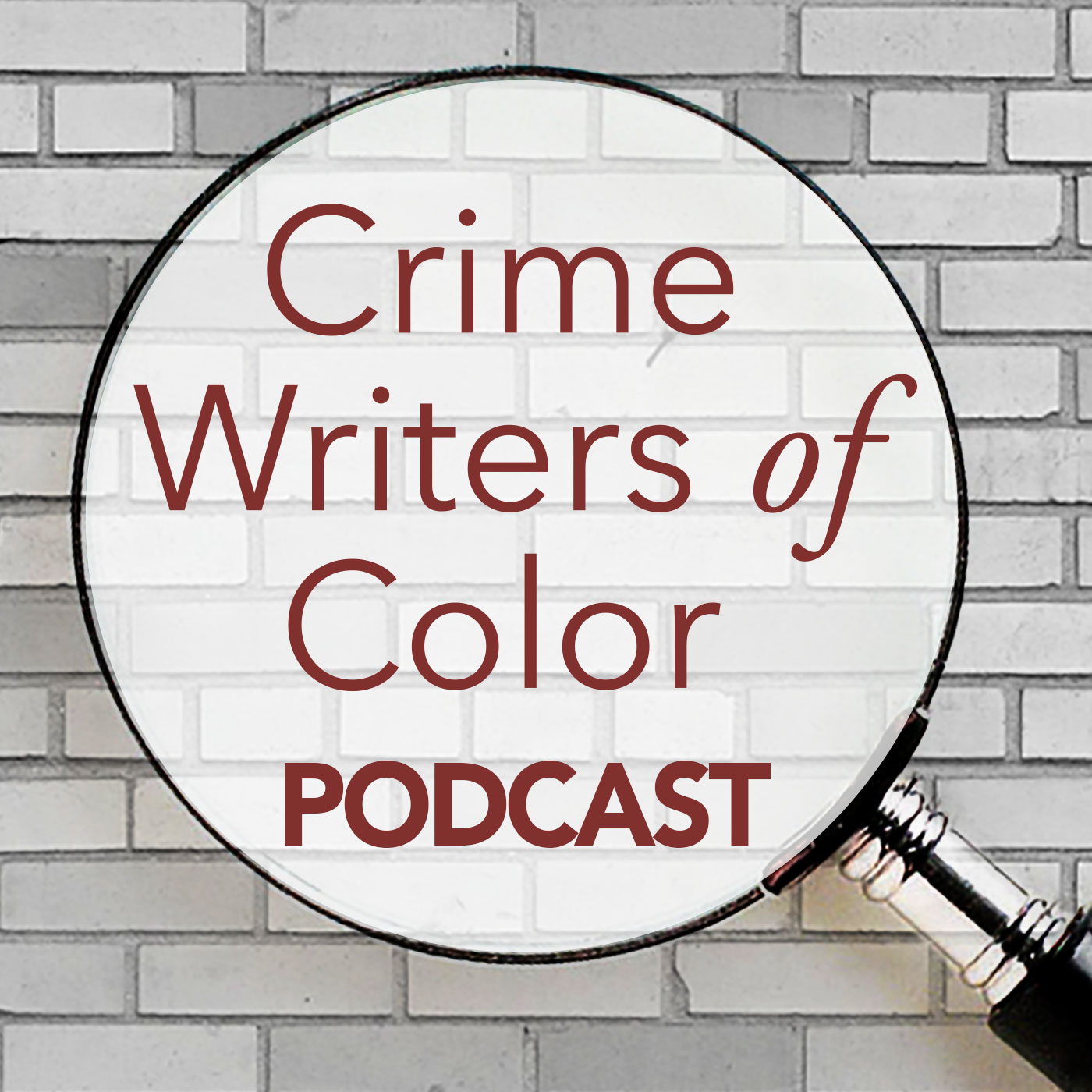
Listen and subscribe in...
For more information about our group please visit our website at CrimeWritersofColor.com
Read a Book ~ Right a Wrong
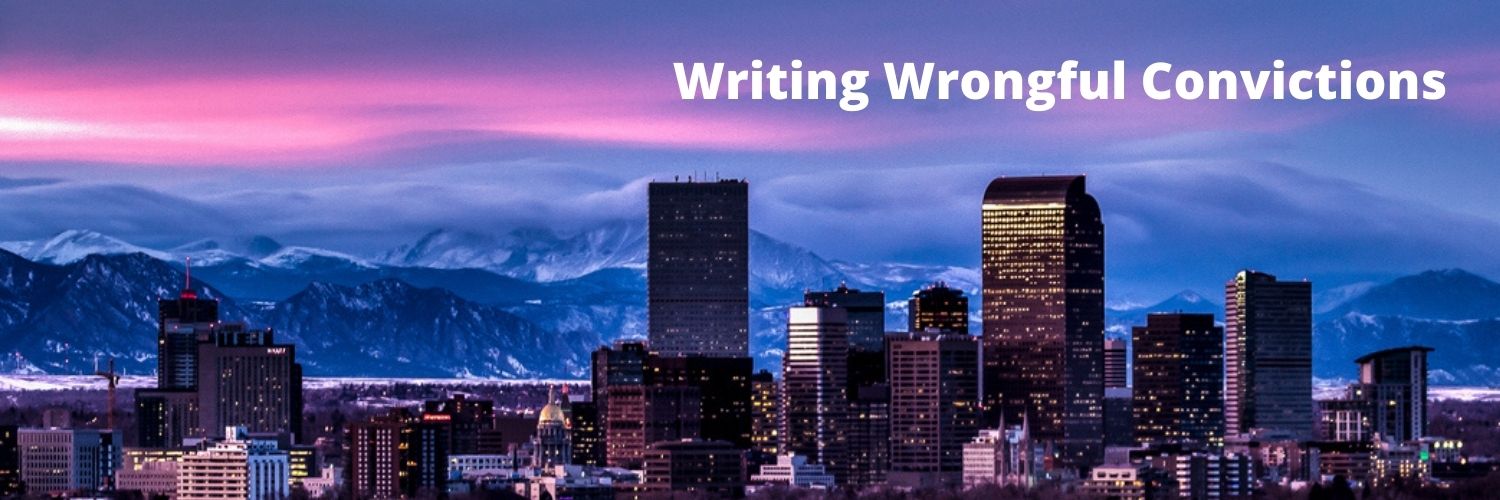
The Wrong: Too Many Wrongful Convictions
Too many people are doing time for crimes they did not commit.
Wrongful convictions are all too real in our justice system. As I write, almost 3,000 men and women have been exonerated, totaling more than 30,000 years lost. Conservative estimates are that only 1-2% of all convictions are of innocent people. That’s an impressive success rate, and it can be comforting to think that our criminal justice system incarcerates the correct person 98-99% of the time. However, this is not good news if you are among the 1-2%. Think about what that means in actual numbers. There are approximately 2.5 million people incarcerated in the US. Conservatively, then, there are thousands of innocent people doing time for crimes they did not commit.
Let’s do something about it...
Langston Hughes, Ralph Ellison and All That Jazz
THEY CAN'T TAKE YOUR NAME is heavily influenced by poetry of Langston Hughes, the prose Ralph Ellison and essence of jazz.
Jazz is more than music, it’s a way of seeing and interacting with the history of America. This is why I love the work of Langston Hughes and Ralph Ellison. When Hughes wrote his poem, Harlem: A Dream Deferred, he was doing jazz. He was not the first of the jazz poets, but he is definitely the most notable. These poets began by including references to music and musicians in their prose. Then they quickly embarked on applying what they saw the musicians doing on the stage and translated it into their verse. Making use of the elements of jazz, they gave birth to a new way of doing poetry—poetry in jazz. Read Langston Hughes and you find syncopation, improvisation and call-and-response especially as he interacts with the great American novelist, Ralph Ellison.
